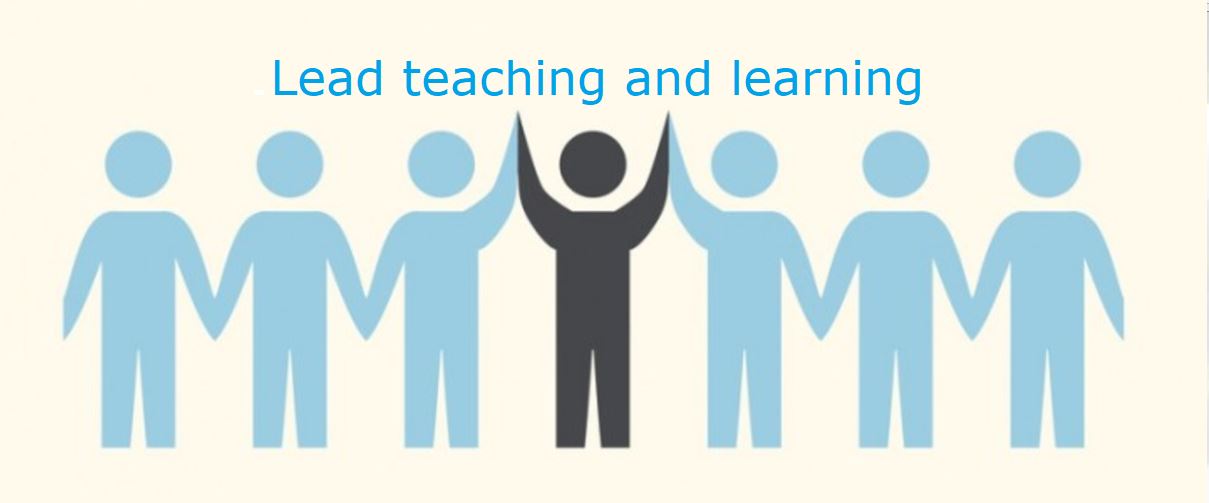IB LEADERSHIP
Does the IB support any particular kind of leadership?
According to this standard of the Principles and practices IB guide, leadership is oriented to develop all IB principles in the four programmes. This has several consequences and implicates a particular style which could be defined as people-oriented, flexible, visionary and democratic.
According to this standard of the Principles and practices IB guide, leadership is oriented to develop all IB principles in the four programmes. This has several consequences and implicates a particular style which could be defined as people-oriented, flexible, visionary and democratic.
The learner profile that drives each of the IB programmes
aims to develop ten attributes in learners as well as other stakeholders, which
means that a task-oriented approach would not be adequate. These attributes
make reference to different characteristics, related to
international-mindedness that a global citizen should have.
A democratic style means collaboration between all the
members of school communities. The IB pedagogical
leadership implicates that the primary aim needs to be the learning. All strategies and decision making should be focused to
achieve this goal. As each school community is different, the standars are not closed, each school needs to adapt them to their particular situation.
What challenges/implications does that standard create for schools?
IB school leaders need to be aware of the importance
of distributing roles in leadership. They call it pedagogical leadership as it
is oriented to pedagogical goals. The primary goal is the learning. Taking this
into account, leadership teams need to work together towards the same
objectives. Different leadership styles are possible and can work together
because they may be complementary.
The principal of the school makes some administrative decisions and arrangements taking into account the whole leadership team and the programme coordinator that each school has
appointed is the responsible of teacher training (workshops and others) within
the school, providing resources for teachers and supporting them in their job.
Moreover, meetings and collaborative planning are essential to the IB philosophy, including all the school community (educators, parents, students, other staff).
According to what we said about flexibility, it is a challenge for schools to adapt the leadership standards to their context, so they need to work hard, collaboratively and distributing roles.
According to what we said about flexibility, it is a challenge for schools to adapt the leadership standards to their context, so they need to work hard, collaboratively and distributing roles.
The IB published this poster with the seven capabilities every learner needs, so we can see that learners are also leaders. This means that teachers have to use learning experiences to help learners develop leadership skills.



No hay comentarios:
Publicar un comentario